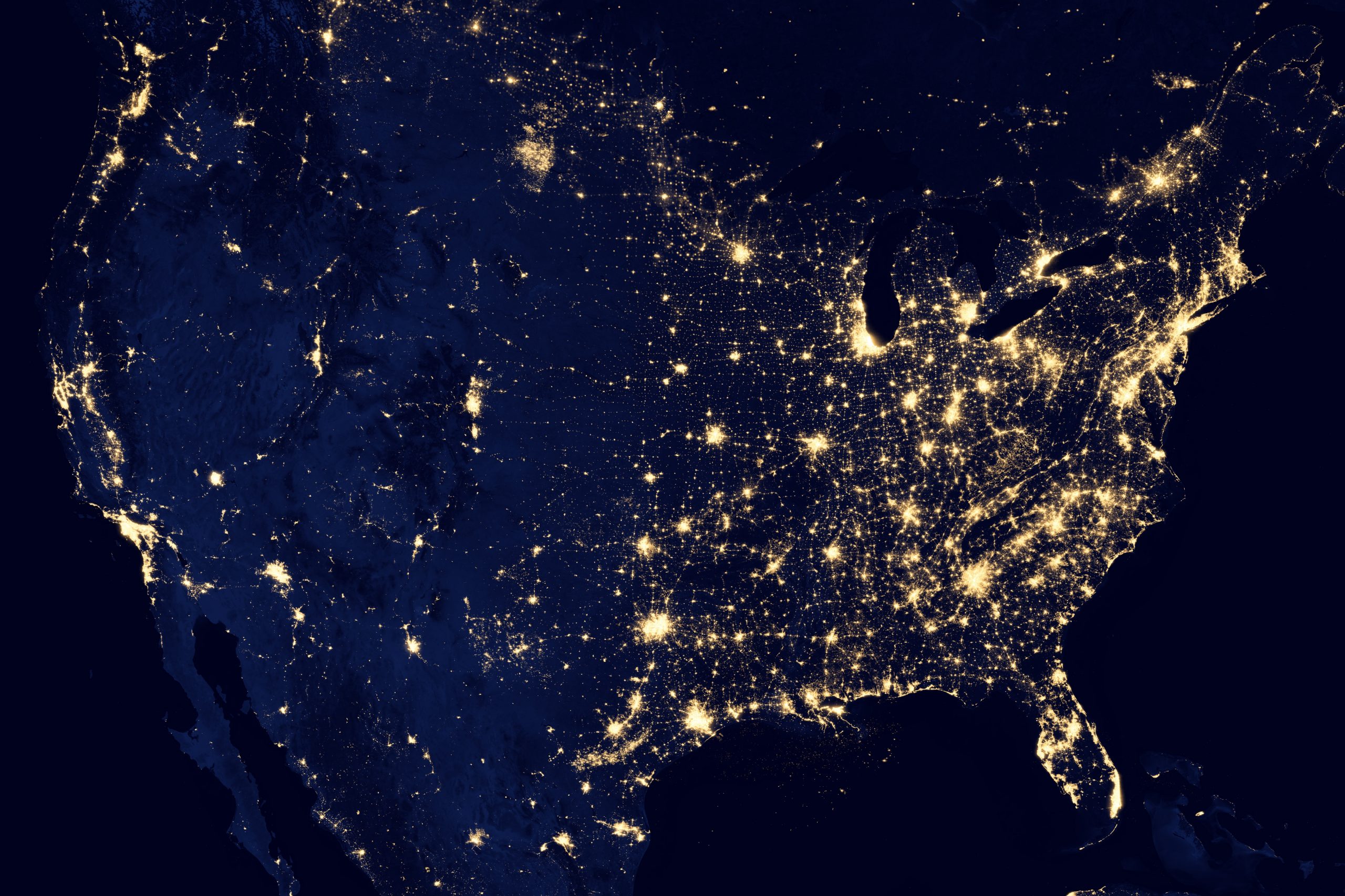
Deconstructing the most public interview in the world – Dos and Don’ts
Set aside the war for talent – the war for (apparently multi-lingual!!) soundbites has commenced! As of last night, ten of the twenty Democratic candidates entered what will be the most scrutinized and drawn-out interview process worldwide. Upwards of sixteen million people watched, commented, and dissected their every word and action – myself included!
Except as a recruiter of 20+ years, I watched the debates from a somewhat unique perspective: I watched as someone whose entire business hinges on the success – or failure – of the interview process itself.
Somewhere between Warren’s student loan plan and O’Rourke’s climate change initiative, a few things became exceptionally clear; the same issues plaguing the average candidate exert equal influence on the most qualified and well-trained professionals in the land.
That being said, these presidential hopefuls do have a lot to teach us. Here’s what went right in yesterday’s debate, and what went surprisingly wrong.
Do: Provide examples
As rare as it is among politicians, being specific is critical to a successful interview (which is likely why I found myself repeatedly demoralized by the lack of substantive answers during the debate). Unfortunately many candidates – presidential and otherwise – forget this fundamental principle. The more high-level your responses, the less memorable and influential you are likely to be.
Don’t: Answer your own question
Answer the question asked of you – not one of your own devising. If you can’t formulate a good answer, don’t simply skirt the question and redirect to something else. Politicians have a sneaky way of doing this no matter the context, but it is especially amplified in this particular forum (ie, the multiple candidates who said “I’ll get to that, but I first want to quickly address one thing…”).
Of course, giving straightforward answers is more difficult when standing on a stage faced with nine other candidates vying for the exact same position. And even harder when the debate’s time restraints and extreme formality are considered. But you, as a candidate, need only face a single (or small panel) of interviewers, with essentially unlimited time at your disposal. Use it!
Do: Own your decisions, admit your mistakes
When asked a question about a personal weakness or failing, accept the implications and embrace transparency (to a degree). Without putting yourself in too vulnerable a position, openly admit to your mistakes, explain your initial thought process, and emphasize how this roadblock has forced you to evolve in new and exciting ways. What have you learned? How are you specifically applying that new knowledge to your next project?
Don’t: Depend on the ignorance of your audience
Humans have an almost supernatural knack for detecting nonsense and superficiality. We know when we are being lied to, deceived, or avoided. If you know it, it’s likely everyone else does too. So don’t try to trick your audience with a wordy or nonsensical answer.
Your ability to handle yourself with poise, patience, and authenticity will separate you from the rest of the pack – especially in a markedly confrontational or difficult interview.
The difference between successful debaters and mediocre conversationalists can be righted by a few simple interview strategies, as outlined above. Last night, we saw ten presidential hopefuls try their hand at interviewing – and as many failed as succeeded. Learn from their mistakes, and cross your fingers for the debaters tonight and throughout this much-anticipated (dreaded?) election!
For a more thorough guide to interviewing, click for our article entitled ‘How to ace your next interview,’ which includes sample responses and templates. And if you want to offer your two cents on the election – reach me directly at ilosner@provenrecruiting.com. I await your comments!
Recent Posts

Ingram’s Insights: Tech’s Shortcomings & Q2 Hybrid/Remote Forecast
Listing technology’s shortcomings has become somewhat of a sport. According …
A recruiter’s secret to making career resolutions stick
The status quo is a temptress. It whispers sweet nothings …
Ingram’s Insights: 3 trends shaping hiring today
Co-Founder of Proven Recruiting Ingram Losner has always been our …


LinkedIn Twitter Facebook Yelp Google